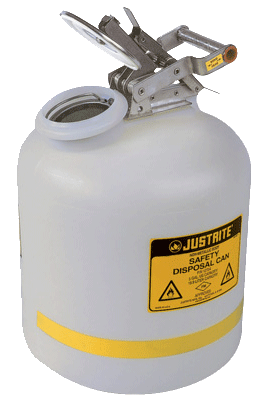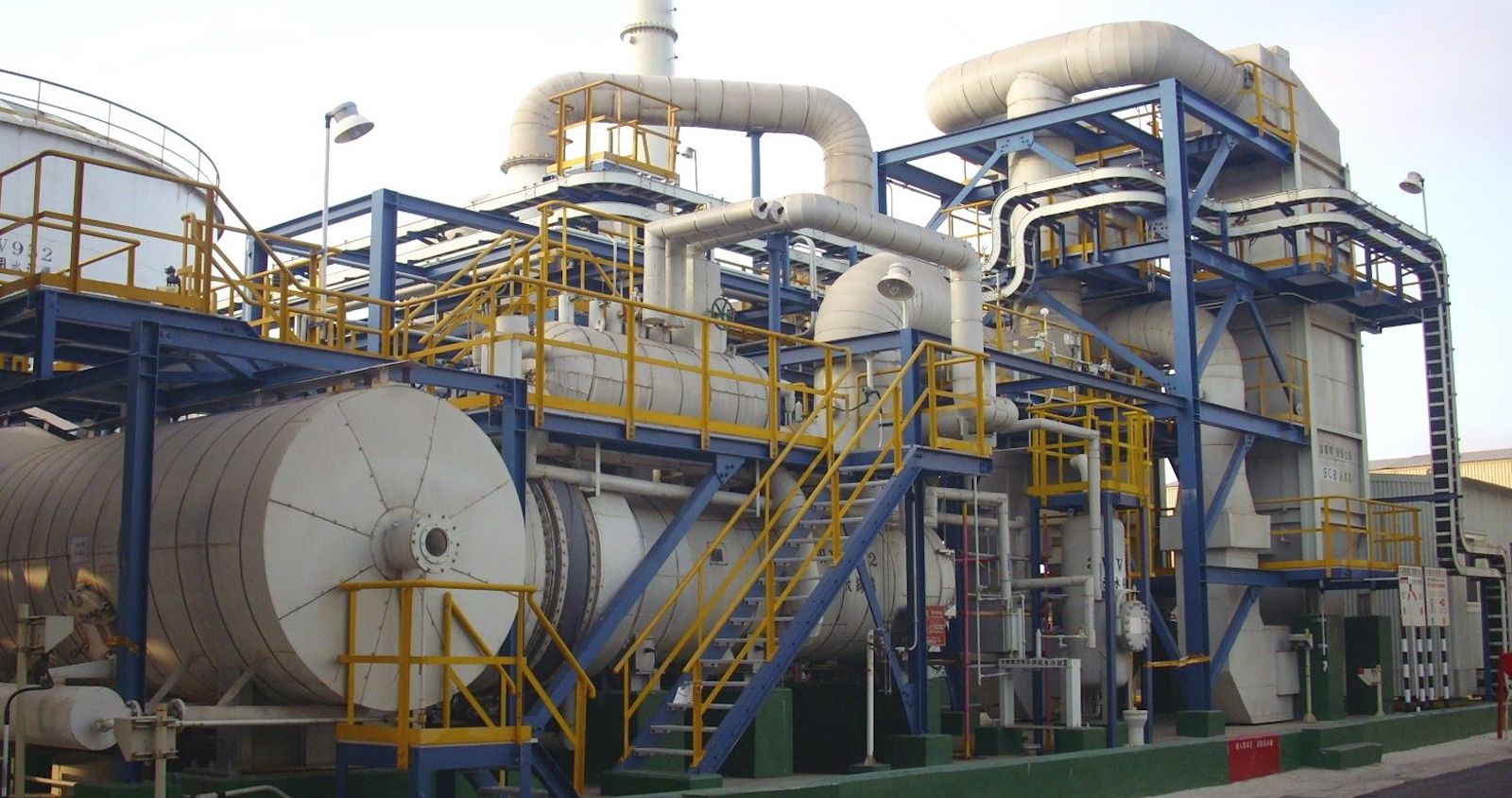Understanding the Comprehensive Process of Liquid Garbage Disposal: Best Practices and Environmental Impact Factors To Consider
The administration of fluid waste disposal is a diverse problem that requires a thorough understanding of different best practices and their associated ecological influences. From the sorts of liquid waste generated to the approaches employed for collection, treatment, and final disposal, each step plays a vital role in guarding ecological communities and public health. As regulatory criteria advance and modern technology breakthroughs, the discussion around these procedures comes to be significantly relevant. What effects do these adjustments hold for future sustainability efforts, and exactly how can stakeholders ensure that they are effectively dealt with?
Kinds Of Fluid Waste
Recognizing the various sorts of liquid waste is essential for reliable management and disposal practices. Fluid waste can be extensively categorized right into a number of types, each calling for distinct handling and treatment methods.
Industrial liquid waste commonly has dangerous products, including hefty metals, solvents, and chemicals, created throughout producing processes. These wastes necessitate strict regulatory conformity to protect human health and the atmosphere. Domestic liquid waste largely refers to wastewater generated from homes, consisting of sewage and greywater, which, although much less hazardous, can still position significant risks if poorly handled.
Agricultural fluid waste, including overflow from ranches, frequently consists of fertilizers and chemicals that can bring about environmental degradation otherwise treated adequately. Clinical liquid waste, generated from health care facilities, consists of polluted fluids such as physical fluids and chemicals, requiring specialized disposal techniques to prevent infection and environmental contamination.
Lastly, oil and oil waste, normally generated by dining establishments and automobile markets, can trigger serious obstructions in drain systems if not handled effectively. Comprehending these classifications facilitates targeted methods for therapy, compliance with regulations, and reliable disposal techniques, ultimately promoting environmental sustainability and public wellness safety.

Collection Approaches
Reliable collection techniques are critical for the correct monitoring of fluid waste, ensuring that it is gathered safely and successfully before therapy or disposal. Numerous methods are utilized relying on the kind of fluid waste generated, the quantity, and the specific features of the waste.
One typical technique is making use of devoted collection storage tanks or sumps, which are designed to record liquid waste at the source. These systems commonly incorporate pumps that promote the transfer of waste to bigger storage space containers or treatment facilities. Additionally, mobile collection systems furnished with vacuum innovation are employed in scenarios where waste is produced periodically or in hard-to-reach locations.
For industrial settings, closed-loop systems can properly reduce leaks and spills, enabling the recovery and reuse of liquid waste. It is likewise crucial to educate workers on appropriate collection procedures to minimize threats connected with harmful substances.
Moreover, carrying out routine maintenance timetables for collection devices makes certain optimal performance and safety and security. The integration of innovative monitoring systems can enhance collection performance by providing real-time information on waste degrees and prospective risks. Generally, efficient collection methods are foundational to lasting fluid waste administration methods.
Therapy Processes
Treatment processes play a vital role in the management of liquid waste, transforming potentially harmful materials right into safe effluents or reusable sources - liquid waste disposal. These procedures can be broadly classified right into physical, chemical, and organic approaches, each tailored to address details contaminants present in the waste stream
Physical treatment approaches, such as sedimentation and filtering, work by eliminating put on hold solids and particle issue. These techniques are typically the initial step in the therapy chain, successfully reducing the tons on subsequent processes. Chemical therapies involve using reagents to reduce the effects of damaging materials, precipitate heavy metals, or oxidize natural toxins, thereby enhancing the security of the effluent.
Biological therapy procedures, consisting of activated sludge systems and anaerobic food digestion, profit from the natural capabilities of bacteria to deteriorate raw material. These methods are particularly reliable for wastewater including naturally degradable contaminants. Advanced therapy technologies, such as membrane purification and progressed oxidation processes, are increasingly utilized to accomplish higher levels of filtration.
Including a mix of these treatment approaches not just makes sure conformity with regulative criteria but also advertises environmental sustainability by recovering useful sources from liquid waste.
Disposal Options
Just how can companies guarantee the Click Here responsible and safe disposal of fluid waste? Effective disposal options are important for safeguarding public wellness and the atmosphere. The main techniques include land treatment, disposal, and incineration complied with by discharge right into municipal wastewater systems.
Land disposal entails the cautious control of fluid waste in marked landfills, making certain that it does not leach right into surrounding soil or water. Incineration, on the other hand, topics fluid waste to heats, converting it into ash and gases, which need correct filtration to reduce exhausts. This method is ideal for unsafe wastes that can not be dealt with through conventional means.
In instances where liquid waste can be treated, organizations may choose chemical or biological therapy processes to counteract harmful components prior to releasing the dealt with effluent right into metropolitan systems. This route normally lines up with regulative needs, guaranteeing that the effluent satisfies safety standards.
Inevitably, companies should conduct extensive evaluations of each disposal option to establish its practicality, thinking about variables such as waste structure, regulative conformity, and potential risks to health and wellness and the environment. By choosing ideal disposal methods, businesses can add to an accountable waste management approach.
Ecological Impact
The ecological effect of fluid waste disposal is a crucial this post consideration for companies looking for to decrease their ecological footprint. Improper disposal methods can cause substantial contamination of water resources, soil deterioration, and adverse results on regional communities. As an example, harmful fluids can leach right into groundwater, posturing threats to drinking water supplies and water life. Furthermore, the discharge of unattended or inadequately dealt with waste right into surface area waters can result in eutrophication, causing oxygen deficiency and the succeeding death of fish and various other organisms.

To mitigate these influences, companies must adopt best practices such as carrying out rigorous waste treatment processes, advertising recycling and reuse, and adhering to governing standards. By taking a positive approach to liquid waste management, entities can considerably decrease their environmental impact while sustaining lasting advancement objectives. Eventually, a detailed understanding of the environmental influences connected with fluid waste disposal is vital for notified decision-making and responsible Click This Link stewardship of natural deposits.
Final Thought
Efficient management of liquid waste is crucial for securing ecological integrity and public health. Eventually, a comprehensive understanding of fluid waste disposal not just minimizes ecological impacts however also cultivates a dedication to liable resource administration and ecological stewardship.
The management of fluid waste disposal is a multifaceted problem that needs a comprehensive understanding of different finest methods and their linked ecological impacts. From the kinds of fluid waste generated to the methods used for collection, therapy, and last disposal, each step plays a critical duty in guarding ecosystems and public wellness.The environmental influence of fluid waste disposal is a critical consideration for companies seeking to minimize their ecological impact. Eventually, a comprehensive understanding of the ecological impacts connected with fluid waste disposal is vital for educated decision-making and accountable stewardship of natural sources.
Eventually, a comprehensive understanding of fluid waste disposal not just minimizes ecological influences however additionally promotes a commitment to responsible source monitoring and ecological stewardship.